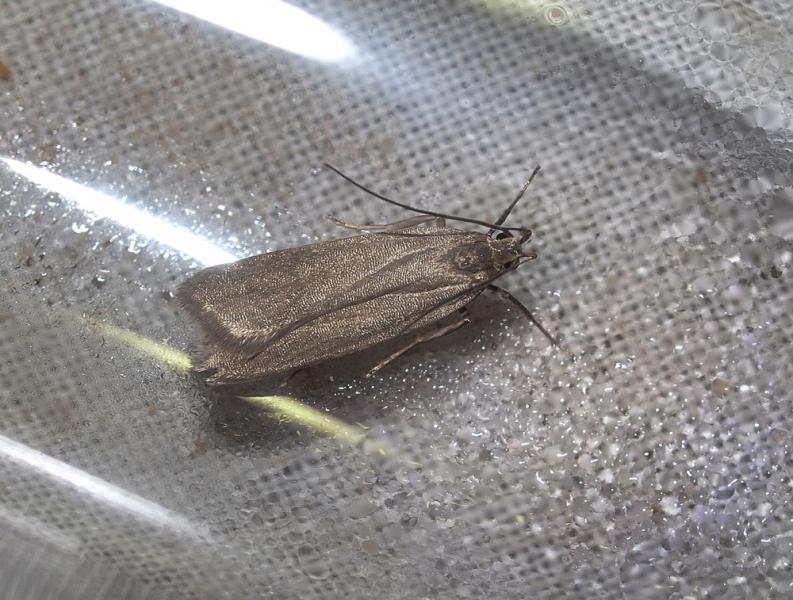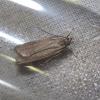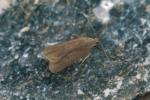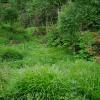35.026 Acompsia cinerella (Clerck, 1759)
Status and Distribution
Locally common in some parts of southern England and the central highlands of Scotland, otherwise local to very local across much of the rest of the British Isles. Apparently absent from the Outer Hebrides and Northern Isles.

Provisional map
Foodplant and Larval Feeding Signs
In Britain and Europe, the host-plant and biology are incompletely known.
In Europe, a larva was found on mosses (species unspecified) at the base of a tree c. 1902 and c. 1899 larvae were reported found on Epilobium montanum in September. Some localities in which moths occurs in Britain suggest it could be associated with mosses away from trees.
Habitat
Finding the Moth
Larva: undescribed in the British Isles but searches in mosses near or on the base of trees in April or May would be worthwhile. It is documented that a larva was bred through at Wicken Fen in 1878 (F. Bond) without description of the larva, feeding signs or foodplant.
Adult: swept from herb rich turf, beaten from scrub and frequent at light.
Similar Species
The broad forewing and hindwing with a lack of any prominent markings are distinctive. On a few occasions specimens of this moth have been found in historic Museum collections amongst specimens of Bryotropha politella.
Single brooded from early June to mid-September and occasionally found in very small numbers in late May and through to late September. One very late confirmed record from the Highlands of Scotland on 16th October 2025.








